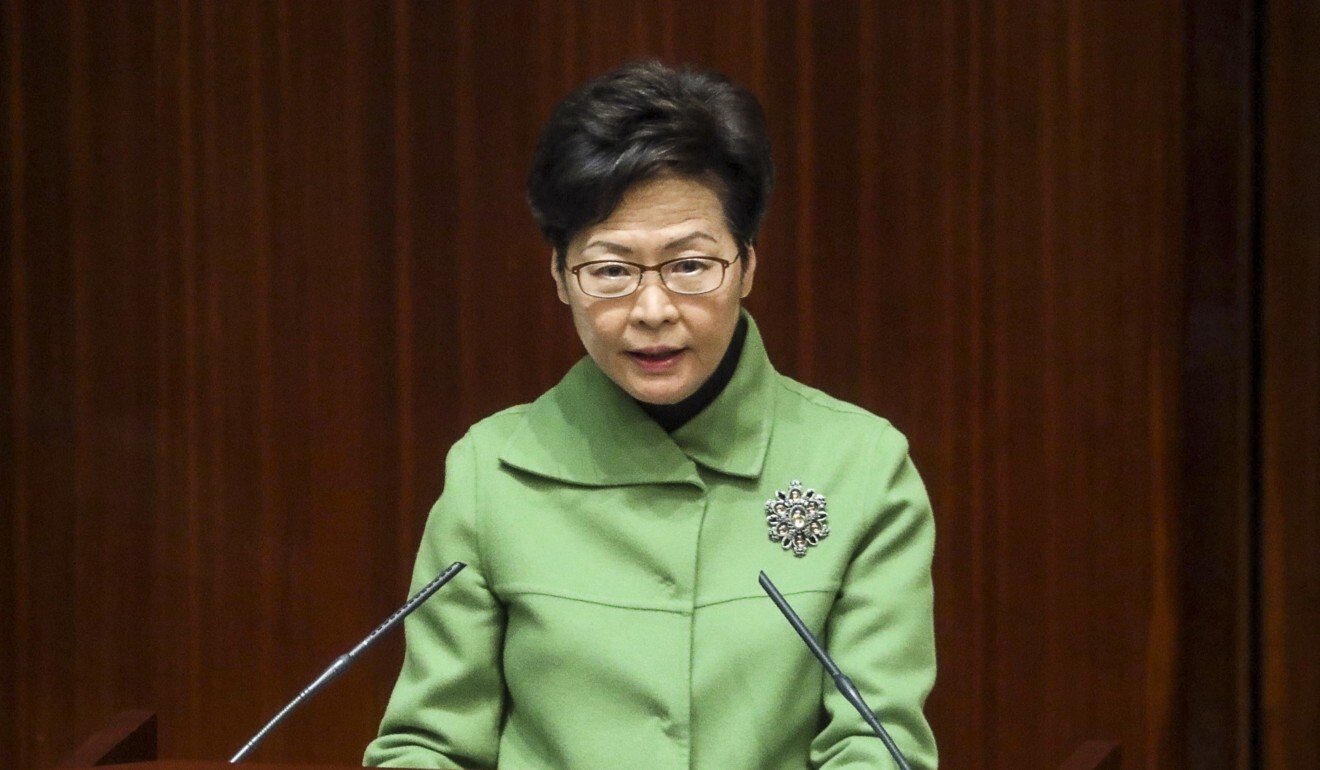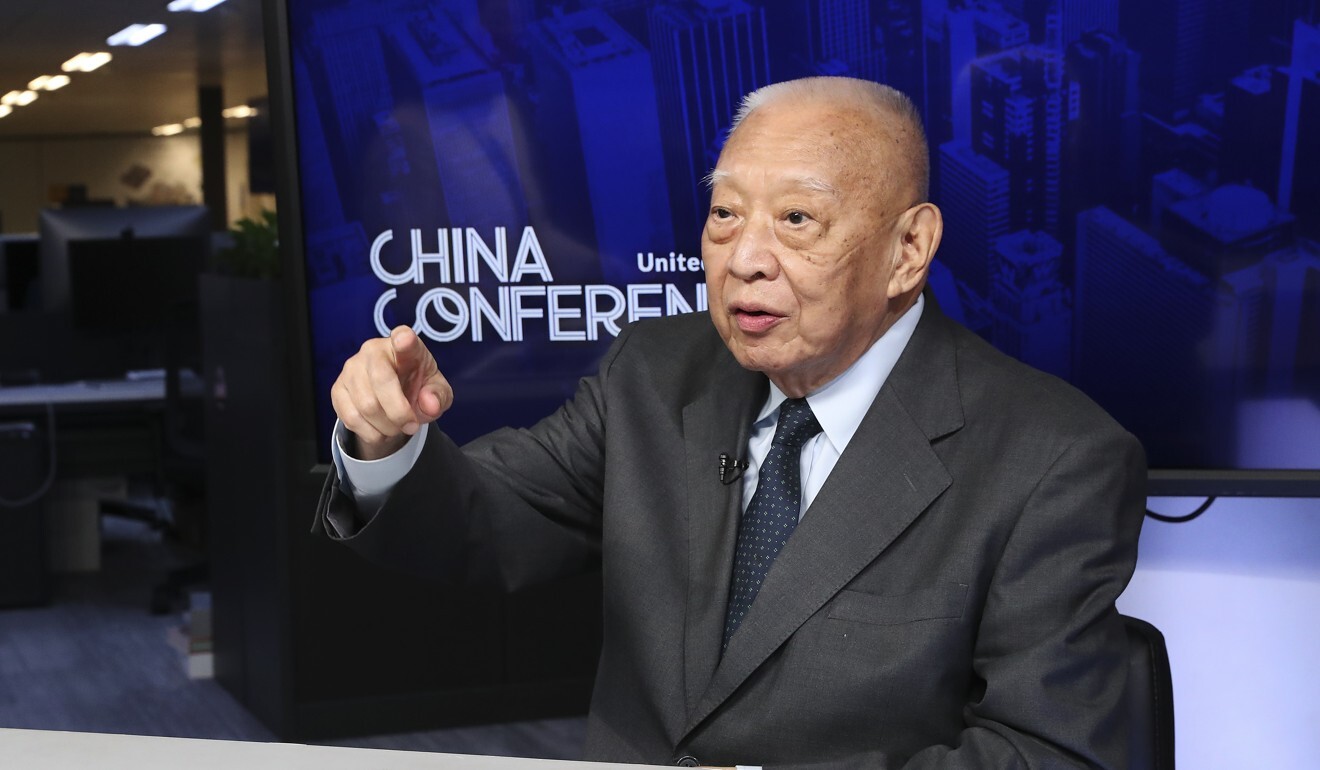
Year of the Ox signals political turbulence as China-US wrestling over Hong Kong continues
- Hong Kong electoral reform may become another point of contention between the US and China, but does Beijing have any reason to back down now?
- Gone are the days of China-US consensus on Hong Kong affairs, and Beijing no longer sees a need for “giving face” to the US when it comes to its policy on the city
It was back in 2017 when President Xi Jinping first raised the concept of Beijing’s “comprehensive jurisdiction” over Hong Kong.
If anyone was still wondering what that would entail, the answer is all too clear in Beijing’s latest reaffirmation that “only patriots can rule Hong Kong”.
Adding to the complexity, Hong Kong remains a sticking point as China-US tensions continue unabated despite the change of administration at the White House.
Over the weekend, the tit-for-tat exchanges between US Secretary of State Antony Blinken and his Chinese counterpart State Councillor Yang Jiechi over the issues of Xinjiang, Tibet and Hong Kong were but another sign of how this city can sour the world’s most important bilateral relationship.

The Blinken-Yang phone call was the first high-level talk between Washington and Beijing since Joe Biden was sworn in as US president in January. The leaders of the two major powers have yet to speak to each other.
Gone are the days when China-US consensus or strategic mutual understanding was possible over Hong Kong affairs. To put it bluntly, Beijing sees no need for “giving face” to the US when it comes to its Hong Kong policy.
A new reality check here: with Chief Executive Carrie Lam Cheng Yuet-ngor’s first five-year term ending by next July, whether she will secure a second term or there will be a change of guard at Government House is one thing; how Beijing sets its new criteria to ensure the right candidate gets the top job is quite another.

It is against such a backdrop that the political row keeps snowballing over whether Hong Kong’s next leader should be “elected” by a 1,200 member election committee or “selected through consultation”. The “consultation” idea is unlikely to be the preferred option, but Beijing’s silence over the debate could well signal it is a testing balloon.
The direction of Hong Kong’s electoral reform will be clear when the country’s top legislative body convenes its annual session next month. Beijing has one straightforward goal – the system must ensure once and for all that only patriots can get in, be it the top leader, lawmakers or other key public office holders.
Beijing used to be quite willing to have Hong Kong’s chief executive be acceptable to major Western countries, especially the US, given the special status of this city under the “one country, two systems” policy. Tung Chee-hwa, the first post-handover leader, was a perfect fit in that sense; he remains instrumental in enhancing China-US understanding until this day.
Tung’s successors, Donald Tsang Yam-kuen, Leung Chun-ying and now Lam, have had different rapports with the US, understandably. But as long as the two countries remain caught in a cycle of tensions and sanctions, any compromise will be mission impossible.

Three coming political developments locally will redefine a new round of China-US tensions under the Biden presidency: the formation of the next 1,200-member Election Committee in December; the election of the next chief executive in early 2022, with Beijing’s message now loud and clear that there will be no more bargaining and jockeying for “king-making” influence; and whether the next Legislative Council elections can resume, and under what new rules, after they were postponed until at least September due to the Covid-19 pandemic.
There is bound to be criticism out there, but is there any good reason for Beijing to back down now?
Another politically contentious period lies ahead as the Year of the Ox approaches. In addition to the traditional, auspicious greetings, here is one more: stay calm for the bumpy ride ahead, maintaining the spirit of hard work and perseverance that the ox in the Chinese zodiac represents.

